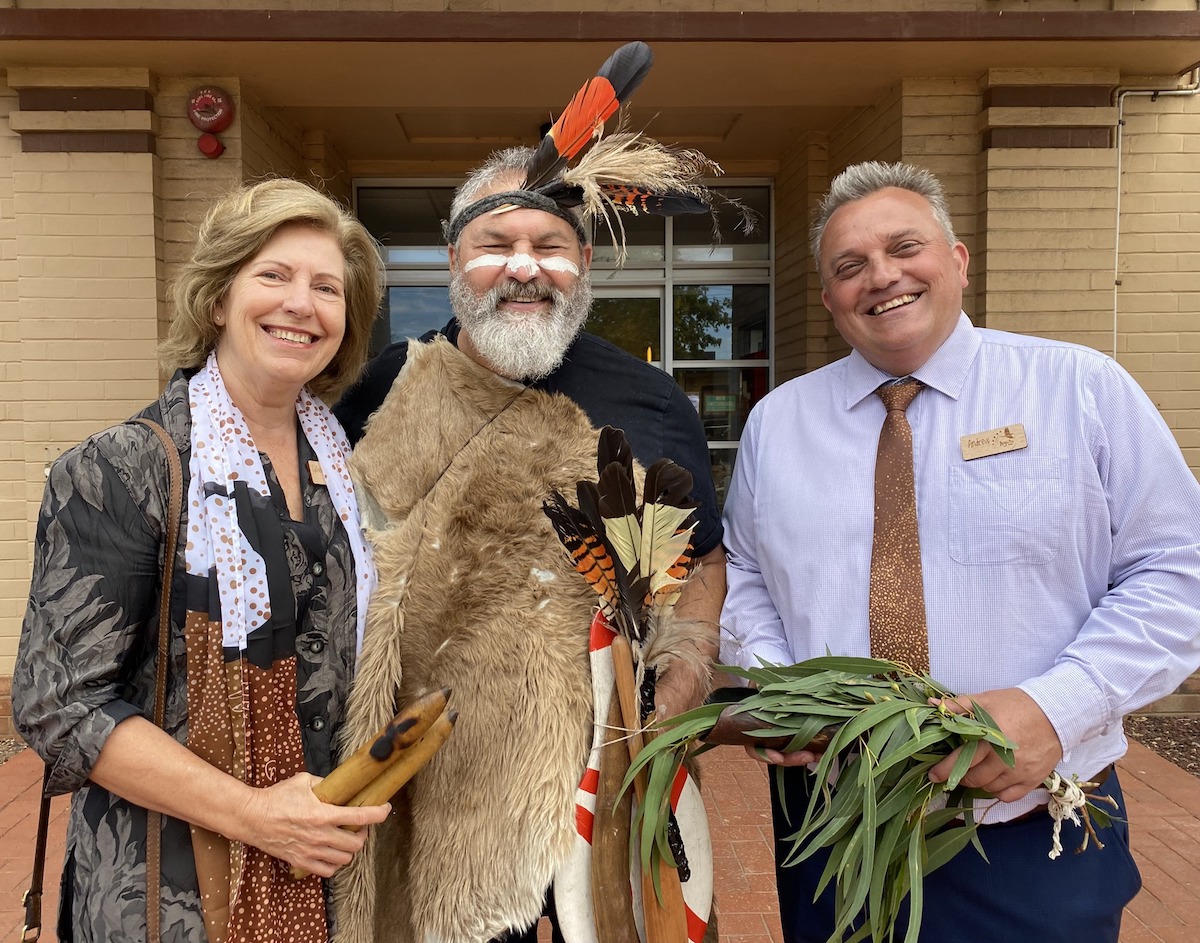Save the Children Australia has made their first investment into their pioneering impact fund with a loan to a South Australian school that integrates Aboriginal knowledge and the arts into the curriculum.
“Clearly, the current school system isn’t working for every child in Australia,” said Paul Ronalds, CEO of Save the Children Australia. “I am proud that Ngutu College is our first investment through the Impact Investment Fund.
The college is focused on providing an equitable, culturally informed and child-centred education to Aboriginal and Torres Strait Islander children, neuro-diverse children and children from low socio-economic backgrounds.”
The loan was arranged by Australian Impact Investments, with additional investors included the Atlassian Foundation, Triple, the Community Impact Foundation, clients of Australian Impact Investments and Ethinvest.
The $1.3 million loan is to be repaid over 5 years, and will be used to fund leasehold improvements, asset purchases and working capital. The key impact metrics will focus on enrolment figures, specifically the ratio of Aboriginal and Torres Strait Islander students. Aiming to contribute to SDG 4, quality education, and, SDG 10, reduced inequalities.
The College will evaluate and report impact across five areas: learning, attendance, retention, achievement and wellbeing outcomes.
Andrew Plastow, Principal and Founder of Ngutu, said the school had huge potential. “We are truly grateful for the funding from Save the children and our other lenders as it has enabled us to begin. We are growing and will soon be able to sustain ourselves through recurrent funding but it required this start-up funding become possible.”
Save the Children’s impact investment fund is a first for an Australian aid organisation. The fund aims to continue the mission of the charity, but it recognises the changing landscape of funding facing all charities as philanthropy, business and technology have all changed dramatically in the wake of the pandemic. The fund will diversify the sources of capital it has available, while offering a dynamic new ability to measure the impact they’re having.
It’s aiming to raise $10 million in its initial offering, and it reached its first close in late 2020 with $6 million, and counting insurer QBE as anchor investor.

